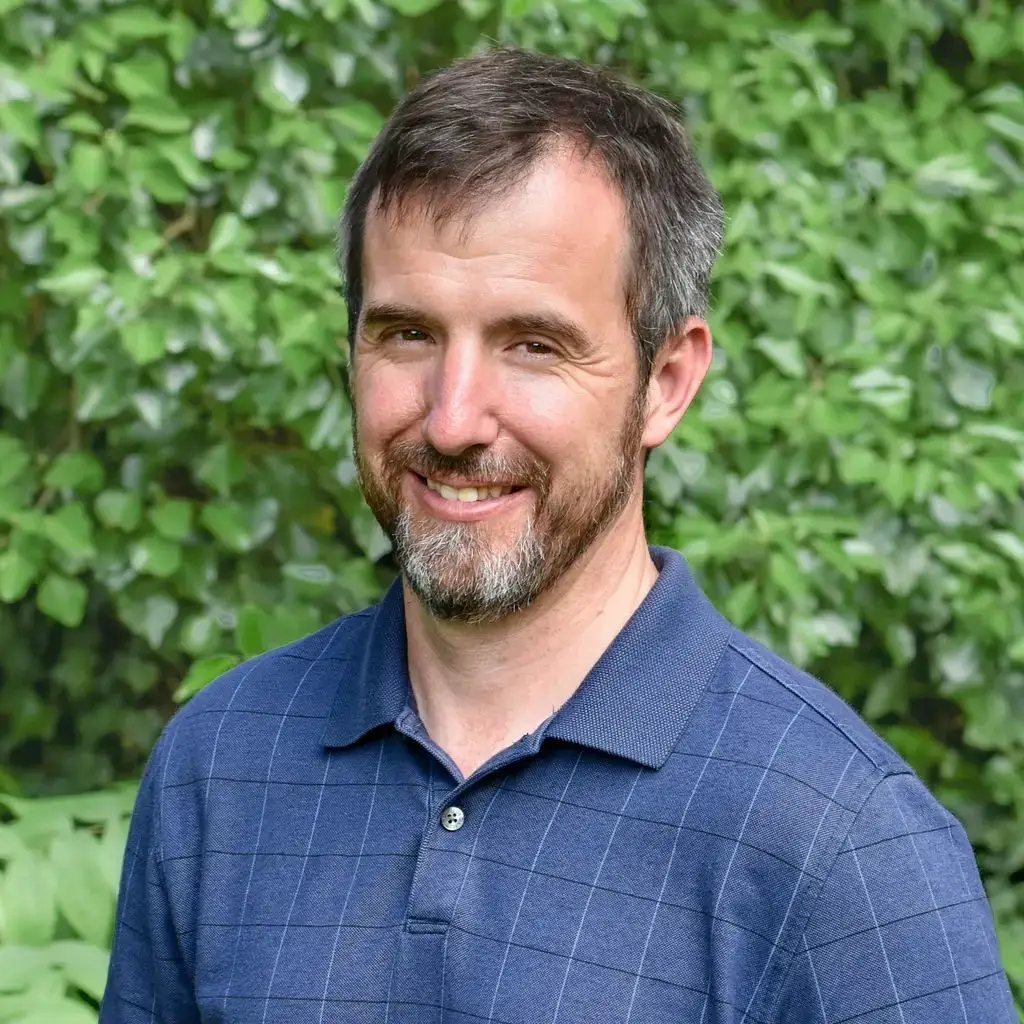Redefining Adulthood: Challenging the Prolonged Adolescence Narrative

This article was originally published on Medium.
Increasingly it seems that it is harder and harder for people to quantify and identify what it means to be an adult. Articles appear regularly that proclaim that adolescence is “moving back” to the point that some now claim adolescence actually extends into a person’s 30s!
That would surely have been news to our ancestors. In the 1800s most of the world’s navies didn’t think that it was particularly unusual to have naval officers as young as twelve years old. These “young gentlemen” with the rank of midshipman were expected to be able to lead men who were often decades senior to them in age.
Keep in mind that we’re talking about navies here where being an officer meant having the responsibility of leading men in battle, engaging in personal combat, and making life or death decisions in an instant.
Life at sea didn’t just bring danger from battle. Midshipmen were expected to know how to manage and sail wooden naval ships, which were at the time the most technically advanced, complicated, and deadly machines on the planet. There are plenty of accounts of midshipmen under the age of 18 being placed in command of prize vessels and given the responsibility to sail those ships back across vast oceans to their home ports. All while commanding men who were older than them and often managing prisoners and repairing battle damage to the prize.
If sailing ships and the 1800s seems too much like ancient history consider that the grandparents and great grandparents of most of you who are reading this often have personal stories of working for wages as children to provide for their family during the Great Depression, often doing adult work that included operating vehicles and machinery, traveling great distances alone, and assuming huge responsibilities long before their 18th birthday. Many of them had traveled halfway around the planet and fought and bled to save the world during World War II before their 20th birthday!
The future of education in your inbox.
Get productivity tips, commentary, and Unbound updates sent to you!
With history providing context and perspective, the idea that you don’t start being a “real” adult until your thirties is not just laughable, it should be insulting! Personally I refuse to acknowledge “adolescence” or “the teenage years.” I consider such terms and ideas a false construct that is unhelpful at best and harmful at worst. For me, for my own children, and for others that I may work with I recognize only three stages in the process of growing up and reaching adulthood.
You are either a child, a young adult, or an adult. The separation between these stages is a matter of independence and responsibility. A child is totally or mostly dependent on others for his or her health, well being, and needs. Children require constant care and supervision. A young adult is a child who has reached the point where he or she is capable of independent action and thought and can be trusted with increasing degrees of responsibility. An adult is someone who is fully independent and fully responsible.
Fully independent means someone who has the maturity, experience, judgment, and intelligence to be able to take care of their own needs and to be able to provide for themself. Fully responsible means being able to fully take care of others in their care, and being able to accept full and total responsibility for all of their decisions and actions.
In my experience most people become young adults around the age of 12. Most young adults should become adults as early as 16, but no later than 22.
There should be no room, and no excuses, for some made up period of life where a person is capable of being responsible and is instead told that the expectation is that they are irresponsible and not to be trusted with meaningful responsibilities. Such an attitude and expectation is damaging to society and condescending and demeaning to individuals.
Children should be cared for and protected as they are raised with the expectation of being able to be more and more independent and entrusted with increasing responsibility as a young adult. A young adult should be encouraged to grow into the full maturity of an adult. Becoming a fully independent and responsible adult should be the goal and desire of every child and young adult, and the desire and goal of the family raising him or her. Failing to become an adult should be considered shameful for the individual and the family.
Our families, communities, and nation would be infinitely stronger if we could replace all teenagers and adolescents with young adults aspiring to become adults.

Jonathan Brush is the President and CEO of Unbound, a homeschool graduate, and a homeschool dad of six. He worked for nine years as a Director of Admissions for a private, liberal arts college, and then spent over ten years working in non-traditional higher education.
Jonathan loves Unbound and Unbound students and dreams every single day about new ways to connect them to each other. He gets to work with the world’s best team and the most amazing student body in the history of the world (which is just as awesome as it sounds), and field questions about Rule 4 violations (ask an Unbound student to explain). Jonathan and his family make their home in the Shenandoah Valley of Virginia.



